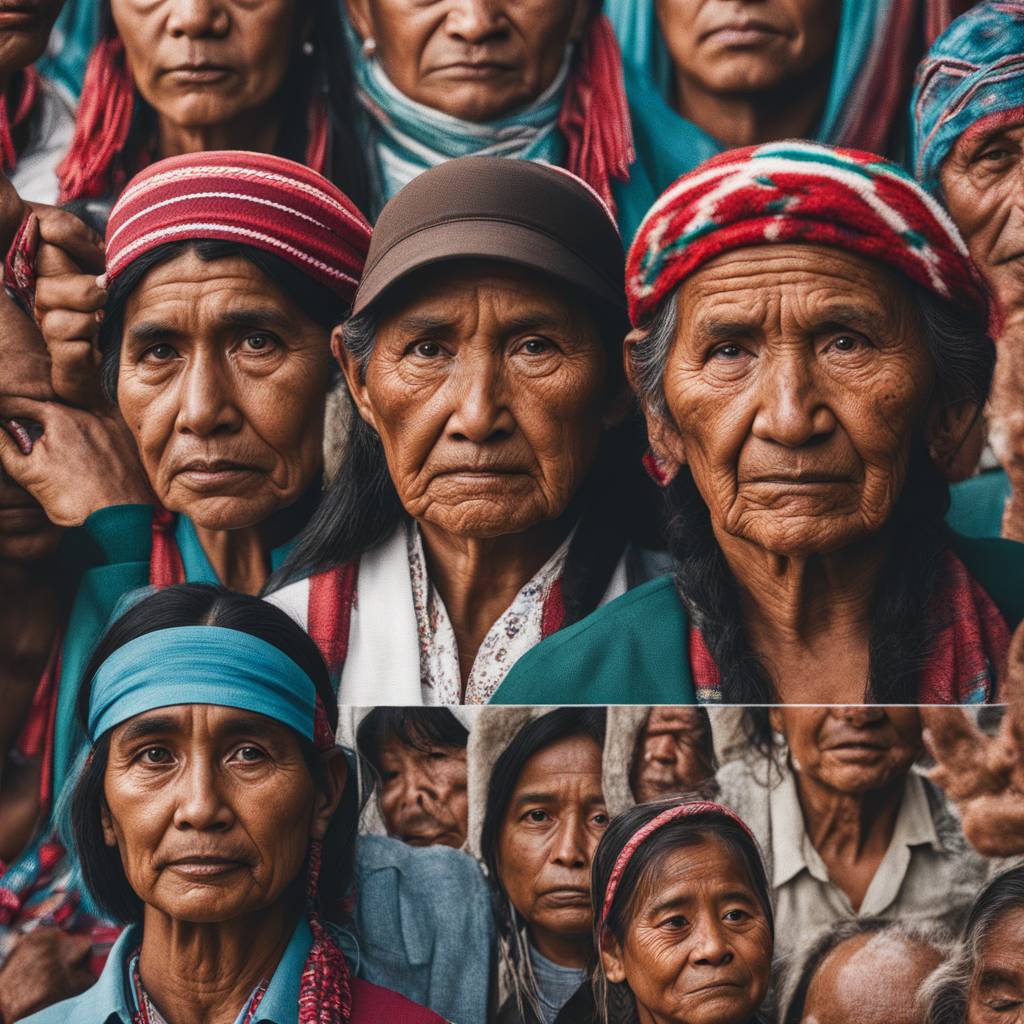The article details the atrocities committed during Guatemala’s civil war, focusing on the upcoming trial of Manuel Benedicto Lucas Garcia, the former head of Guatemala’s army, accused of genocide, crimes against humanity, forced disappearances, and sexual violence. The war, which lasted from 1960 to 1996, resulted in the deaths of an estimated 200,000 people, with over 80% being Indigenous Maya. Lucas Garcia’s trial represents a continued effort to seek accountability for the systematic killing of Guatemala’s Indigenous peoples.
Jesus Tecu, a survivor of the massacres that took place in Rio Negro, hopes that the trial of Lucas Garcia will provide a shred of justice for the atrocities committed against Indigenous communities. Tecu recounts the horrors he witnessed, where children and women were slaughtered, with only a handful of survivors chosen to be servants. The case against Lucas Garcia represents a last opportunity to hold accountable those responsible for the deaths of so many innocent people.
The legal proceedings have faced numerous delays and challenges, with Lucas Garcia denying any wrongdoing and employing tactics to postpone the trial. Despite the setbacks, Indigenous leaders like Diego Ceto are determined to pursue justice and continue to fight for the truth. The prosecution is focusing on crimes committed in the Maya Ixil region, where multiple massacres occurred under Lucas Garcia’s command, resulting in the destruction of numerous villages.
Grassroots movements, like the Association for Justice and Reconciliation (AJR), have played a crucial role in seeking justice for the victims of the civil war. By filing formal complaints and participating in legal proceedings, these organizations have helped bring perpetrators to trial and shed light on the atrocities committed. The involvement of grassroots movements has improved the chances of successful convictions in cases like that of Lucas Garcia.
The pursuit of justice for genocide and other human rights violations in Guatemala is part of a broader regional trend in Latin America. Countries like Argentina, Chile, Colombia, and Peru have also sought to hold perpetrators of mass atrocities accountable through legal mechanisms. The active and organized social movements in Guatemala have been instrumental in pushing for accountability and ensuring that the crimes of the past do not go unpunished.
While prosecuting genocide is a complex and challenging endeavor, efforts to bring figures like Lucas Garcia to trial are crucial for achieving justice and accountability. Even if successful convictions for genocide are rare, trials can serve as important mechanisms for uncovering truths, documenting atrocities, and providing a sense of closure for victims and survivors. The upcoming trial of Lucas Garcia represents a significant step in the ongoing quest for justice for the victims of Guatemala’s civil war.













